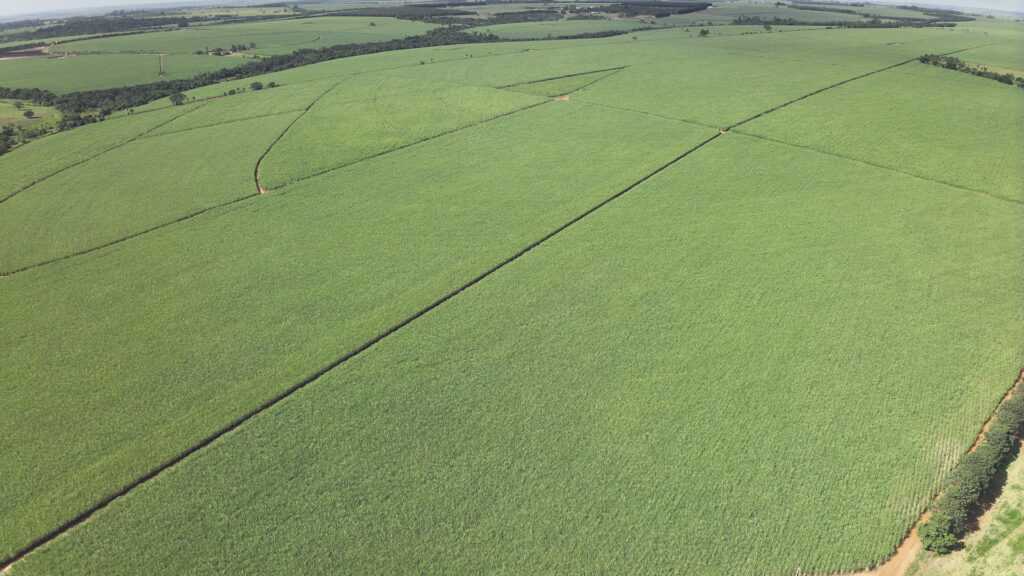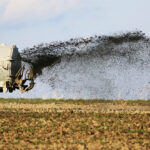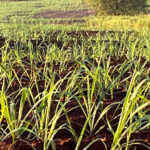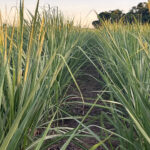Rural farmers become the first Canaoeste members to achieve certification

Clique aqui e leia a matéria completa em Português
Sustainable sugarcane production in rural Brazil has taken another step forwards, as twelve producers have become the first members of farmers’ association Canaoeste to achieve certification against the Bonsucro Production Standard.
Canaoeste represents 2,000 rural sugarcane farmers in the state of Sao Paulo in Brazil. It works closely with the farmers to develop their awareness of sustainable practices, and build their technical capacity to implement them, through the provision of training and information. It also advocates on the producers’ behalf at industry and government meetings, and helps the farmers comply with their regulations.
Pursuing certification
The decision to pursue Bonsucro certification was motivated by Canaoeste’s farmers. The farmers wanted to improve their operational efficiency and management processes, and be able to demonstrate their compliance with labour and environmental standards.
“We decided to look for a market certification that would meet the needs of rural producers, and add value [to their product]. Bonsucro was soon mentioned.” says Fábio Soldera, Sustainability Manager at Canaoeste.
To support its twelve members on their certification journey, Canaoeste developed the SEMEIA programme. SEMEIA covered several pillars – sustainability, economy, environment, eco-efficiency and agronomic intelligence – and formed the framework within which the farmers were trained and monitored. The programme was led by a multidisciplinary committee of experts including agronomists and environmental engineers, who would provide the knowledge, resources and support the farmers’ needed as they adopted more sustainable practices to meet Bonsucro’s Production Standard.
Collaboration is needed to changing habits
Canaoeste recognised that changing farmers’ habits would be key to achieving certification, and that it needed to collaborate closely with its farmers. Andrê Pavan, Sustainability Coordinator, mentioned, “Employees, especially older ones, have very solidified customs and traditions. [So] greater attention and information is needed to bring about the necessary change in mentality.”

Using Bonsucro’s tools and resources, Canaoeste provided farmers with information and training on sustainable production practices, including on why they should not burn sugarcane leaves after harvest, and a list of prohibited pesticides.
One example of Canaeoeste’s work to change habits concerned water regulation on the producers’ farms. The Bonsucro Production Standard requires producers to have a plan in place to manage their water use and look after local resources. Canaoeste therefore developed a programme to raise awareness of the importance of water regulation among its rural producers, and train them on sustainable water use. It also provided bureaucratic support to the farmers, helping them to navigate Brazil’s many complex regulations on water.
Improving working conditions and internal structures
Canaoeste supported its farmers as they improved their social sustainability practices. The farmers developed their work health and safety plans, with Canaoeste noting improvements in the delivery and use of personal protective equipment. It also saw an improvement in the conditions of buildings on site, such as the workers’ cafeterias and living quarters.
After starting the certification process, Canaoeste noticed its need to improve its own internal structures in order to better support farmers on their sustainability journeys. It grew its sustainability team from one to three full-time and dedicated professionals. Canaoeste also worked to improve its back-office service provision regarding human resources and accounting, developing their job and salary programme and standardising job benefits and compensation.

Lessons learnt and next steps
During the certification process, Canaoeste found that teamwork was a key factor in supporting the farmers to succeed. Having a team of experts lead its SEMEIA programme helped to solve problems that arose, while also decentralising decisions and empowering its farmers to pursue sustainable practices. It also found that clear communication and information was critical for certification to work.
Canaoeste will continue to provide tools and resources specifically for its rural farmers to help them improve their production practices. One of Canaoeste’s current projects nearing completion is a biofactory to produce high-quality biological agents specifically for its farmers. This will help its farmers improve their environmental impact further, by reducing their reliance on chemicals for sugarcane cultivation. Canaoeste hopes that the factory will begin operating later in this year.
Canaoeste has been committed to sustainability for many years, and now sees Bonsucro as central part of its present and future. Fábio says, “What makes me happiest is seeing the change in habits, cultures and management of rural producers. I believe that Bonsucro is much more than a certification… We will work to bring more rural producers to the Associates, who are part of this great certification process.”
Fonte :
Compartilhe este artigo:
Veja também:
Você também pode gostar
Confira os artigos relacionados:









